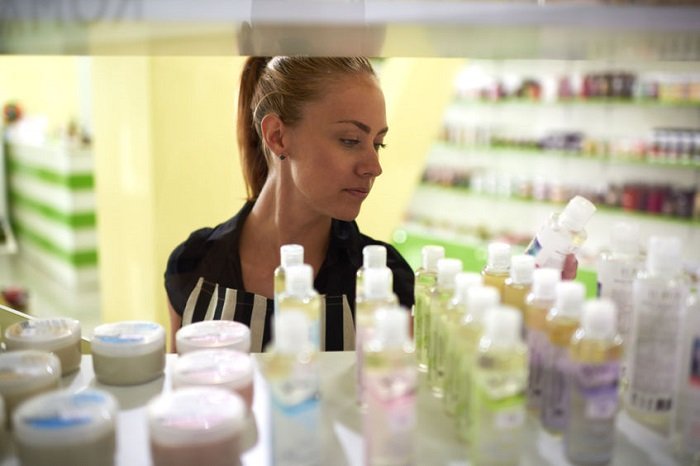Back in April, we blogged about how subscription billing is alive and well, and will grow exponentially over the next five years. Why? It turns out that millennials love their subscriptions: razors, coffee and beauty products online.
A recent news item on Shopify.com claimed the beauty products industry – online and physical stores – is going to eclipse $90 billion in sales by the year 2020. Another item on Franchisehelp.com went as far to label the beauty products industry recession-proof, claiming consumers did not skimp on beauty items even during the recession of 2008.
The beauty products industry is going to help spur online growth for a number of reasons:
- Consumers who like a particular brand of makeup tend to stick with it.
- Social media, according to Shopify.com, is having a significant impact on the sale of beauty products online.
- There is a trend in recent years to emphazise and sell environmentally friendly and sustainable beauty products, opening new markets and demands.
All told, selling beauty products online will continue to grow more popular so long as folks care about the way they look. Choosing a business model for such is where the challenge lies.
5 huge points to consider when selling beauty products online
The sale of beauty products online is a relatively easy industry for which to find payment processing. Like most e-commerce industries, however, it has its caveats.
- Straight sale: Beauty products merchants who offer products for straight sale (B2C) can, with solid financials and history, usually handpick their payment solution with acceptable rates, without any hassle.
- No CBD, no hemp: Beauty products containing CBD or hemp will turn banks away. Knowing the ingredients of products is paramount in getting a merchant account.
- Recurring billing: The option for recurring billing for any online product or service means the chances for chargebacks are higher, in effect, making banks just a tad more cautious when offering a merchant account.
- Auto shipping: Auto shipping is a terrific, convenient way for consumers to simplify the sale of beauty products online. Consumers give credit card details which the online beauty products merchant (hopefully) securely stores, and never worries about paying a monthly bill or invoice while the product arrives flawlessly.
However, therein lies the problem: Let’s say after a few months, the consumer decides not to use the product anymore, and temporarily forgets to notify the merchant to decline the subscription. Too often, the consumer instinctively resorts to a chargeback instead of contacting the merchant for a refund.
- Free trials: While recurring billing and auto shipping can sometimes be facilitators to chargebacks, offering free trials is a much riskier prospect. For example, a consumer signs up for a 30-day free trial for vitamins, offers his/her payment details, and receives said vitamins for the month. At the end of the trial, the consumer receives vitamins for a second month and is automatically charged, but decides against continuing with the product. The consumer then files a chargeback with his/her credit card issuer.
Merchant accounts for selling online beauty products
Whatever your model – recurring billing, straight sale, free trials or auto shipping – Instabill has long found payment processing solutions for online beauty products merchants. Our expert merchant account managers are always up for a conversation at 1-800-530-2444, Monday-Friday (8 a.m.-6 p.m.) U.S. eastern time.


